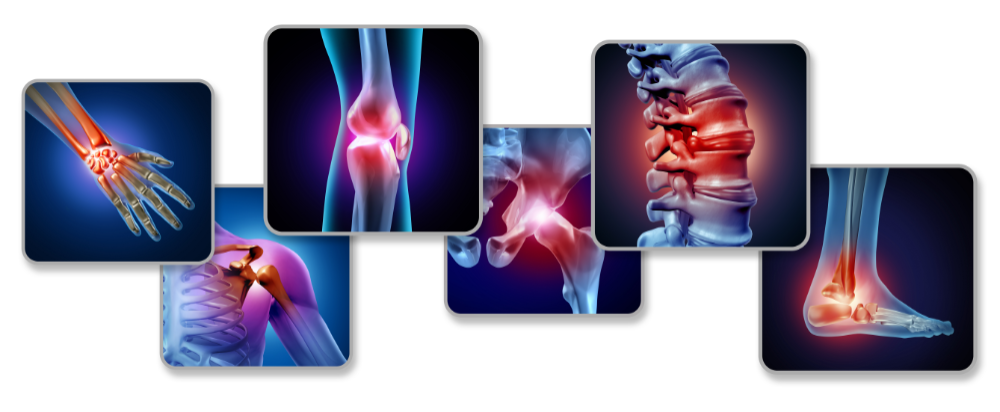
Levagen+ - a Palmitoylethanolamide (PEA) ingredient
A versatile ingredient with studies to support use in the following areas:- Joint Health
- Sleep
- Sports Performance and Recovery
- Immune Health
What is PEA?
Palmitoylethanolamide (PEA) is an endogenous fatty acid amide produced naturally in the body in response to injury and stress. It is found in lipid extracts of foods and plants such as egg yolk, peanuts and soybeans, as well as in human body organs and fluids including blood.
What does PEA do?
PEA has important anti-inflammatory, analgesic and neuro-protective properties and is categorised as part of the extended endocannabinoid family with similar health benefits.
Why do we need PEA?
Levels of PEA naturally decreases in the body in response to a pro-inflammatory stimulus (e.g. age, exercise-induced inflammation and/or stress). Therefore, supplementation is needed to restore normal levels of this endogenous compound.
Who is it for?
- Ageing Adults
- Weekend Warriors
- Athletes
- The Sleep Impaired
How does Levagen+® work?
PEA operates through multiple pathways and mechanisms within the body to provide its beneficial effects:
Directly
PEA reduces inflammation locally by binding on to PPAR-a receptors and inhibiting secretion of pro-inflammatory signalling molecules. PEA enhances the levels and actions of other compounds that are anti-inflammatory and provide pain relief. This mechanism is known as the 'entourage effect'.
Indirectly
PEA can enhance the levels and actions of another endocannabinoid, anandamide, which is often dubbed as the 'bliss' molecule.
For supporting documentation, please contact the Biogredia Team.
The Advantages of Using Levagen®+



